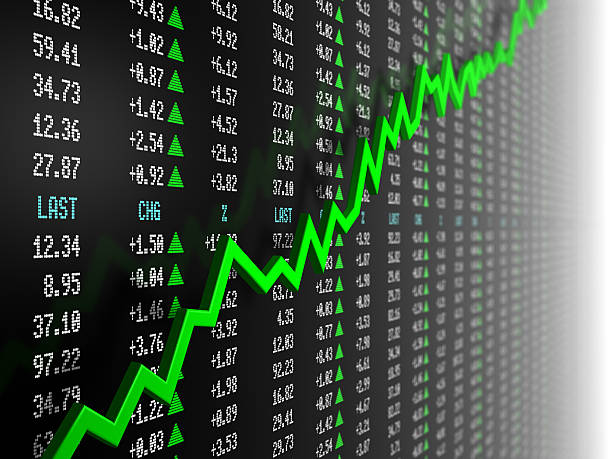Stock buybacks are witnessing a significant surge, indicating that corporate America is optimistic about the US economy. Over the last 13 weeks, companies have announced share repurchases exceeding $383 billion, a 30% increase from the same period last year. This is the largest sum since June 2018, according to research from Deutsche Bank.
Buybacks have been the biggest driver of equities over time in the medium term, says Deutsche Bank chief equity strategist Binky Chadha. They reflect how companies feel about the macro environment. Buybacks typically rise when earnings rise, which is currently happening at its fastest pace in nearly two years. As earnings rise, cash flow at companies increases, which can be used to increase dividends, invest back in the company, or repurchase stock.
However, this trend did not materialize in 2023. Despite earnings picking up, buybacks didn’t. This was likely due to the majority projecting a recession to hit the US economy. However, the macro consensus has shifted, with economists and strategists feeling more optimistic about US economic growth this year. Corporations confirm this confidence through buybacks.
JPMorgan Private Bank global investment strategist Elyse Ausenbaugh notes that the uptick in buybacks provides a “nice foundation for investors” as companies buying back their stock helps support the market even if individual equity investors aren’t pouring money into stocks. Furthermore, companies are seeing higher cash flows and using them in ways that should eventually benefit shareholders, like boosted capital expenditures for Big Tech companies.
In conclusion, the surge in stock buybacks is a positive sign for the US economy, reflecting corporate confidence and providing a solid foundation for investors.


